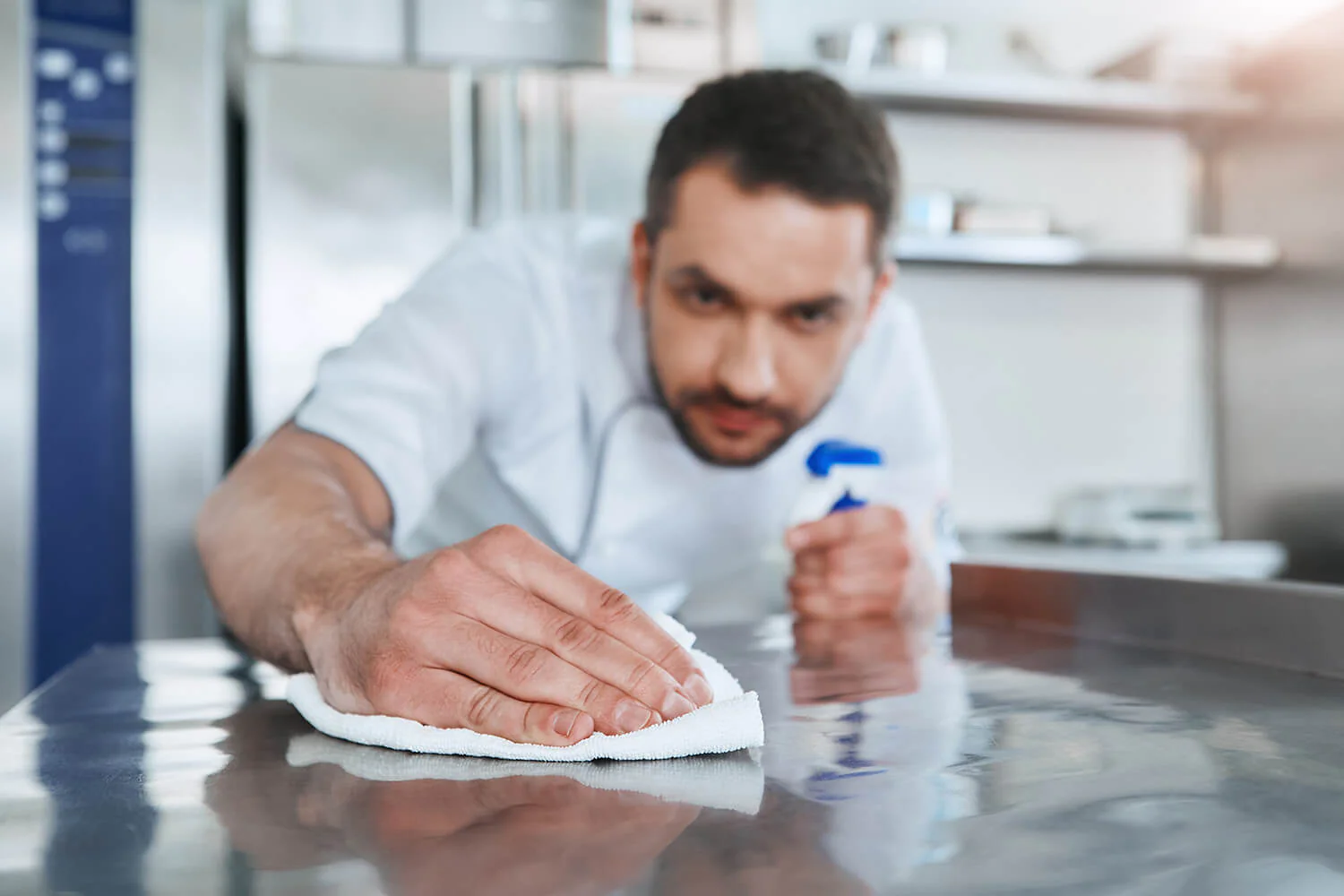The Importance of Kitchen Safety Tips
Whether you cook for your family every day or just occasionally, kitchen safety tips are vital for protecting yourself and your loved ones. They help prevent burn injuries, fires and even foodborne illnesses like Salmonella.
Make sure you have a first aid kit in the kitchen, remove combustible materials from the kitchen and keep cooking utensils turned off when they are not in use.
Keep the Kitchen Clean
The kitchen is a place where water, high heat, sharp tools, and electrical appliances come together. This can be a dangerous environment for anyone that doesn’t follow the necessary kitchen safety tips.
It’s not just about avoiding accidents, but also about reducing the risk of infection and disease. Cross-contamination, rotting food, and dirty surfaces all contribute to germ contamination that can lead to illness.
Cleanliness is also important for the kitchen equipment itself. A dirty dishwasher can cause food and grease to splash, while a stovetop that’s caked with grime can create a fire hazard. Keeping up with cleaning and maintenance helps to prolong the life of appliances and avoid costly replacements.
Keep Kids Out of the Kitchen
Kids are curious by nature, but the kitchen is full of fire, slip and burn hazards that can lead to serious injuries if not kept clear of. Make sure kids can’t get to the oven and stovetop with safety gates or blockers, and keep them away while cooking by placing them in a high chair within your view or using a learning tower.
Store matchboxes and lighters in a safe place where curious little hands can’t reach them, and keep cooking sprays, cleaning chemicals and other potentially dangerous items locked away. Also, be sure to have a working fire extinguisher and emergency numbers posted where kids can easily find them.
If you have kids who cook, teach them to wear long sleeves and aprons that won’t catch on equipment. This is a great way to instill good habits that can prevent burns and other injuries.
Keep the Kitchen Free of Tripping Hazards
Cooking can involve a lot of sharp and hot things that could cause injuries if people are not careful. Kitchen safety is important in both home and commercial settings. Some common kitchen hazards include sharp knives, burns, and slipping and falling on food and other objects.
Tripping hazards in the kitchen can be caused by rugs, chairs, and step stools that are in the way of people walking through the kitchen. People should keep their rugs free of debris and ensure that they are made from slip-prevention material.
Loose clothing like long sleeves and dangling jewelry can catch on to items that are being used in the kitchen such as grill grates or oven doors. People should always wear close-toed shoes and avoid wearing baggy clothing in the kitchen.
Keep the Kitchen Cool
The kitchen is the most dangerous area of a home or commercial food establishment. There are many hazards including sharp knives, hot or boiling liquids and bacteria from cross-contamination. These hazards can lead to accidents, injuries and illness.
Make sure you always have a smoke detector and fire extinguisher in the kitchen. Never leave a hot stove or oven unattended. Avoid overloading outlets with too many electric appliances and check that all cords and plugs are not frayed or melted.
Keep flammable clothing, like hats and scarves, out of the kitchen while you are cooking. They can easily catch on fire from hot stoves and ovens or fall into a pot of boiling water or onto the open flame of a grill. These simple safety tips can help you and your family avoid burns, cuts and slips in the kitchen and enjoy delicious home-cooked meals.
Keep the Kitchen Organized
Whether you’re an experienced restaurant chef or just starting out in the kitchen, the right kitchen safety tips can help you avoid accidents and injuries. This includes storing sharp objects properly, wearing appropriate clothing and cleaning up spills promptly to reduce the risk of burns or slips.
Keeping your kitchen organized can also help you prevent food contamination and kitchen fires. This includes storing cleaning chemicals in lockable cabinets and keeping flammable materials away from stoves or ovens to reduce the risk of grease fires. It’s important to keep a fire extinguisher in your kitchen and to familiarize yourself with its use in the event of an emergency. Keep a list of emergency phone numbers near the fire extinguisher for quick access. Keeping a kitchen well-organized can also improve efficiency and speed up cooking times.




